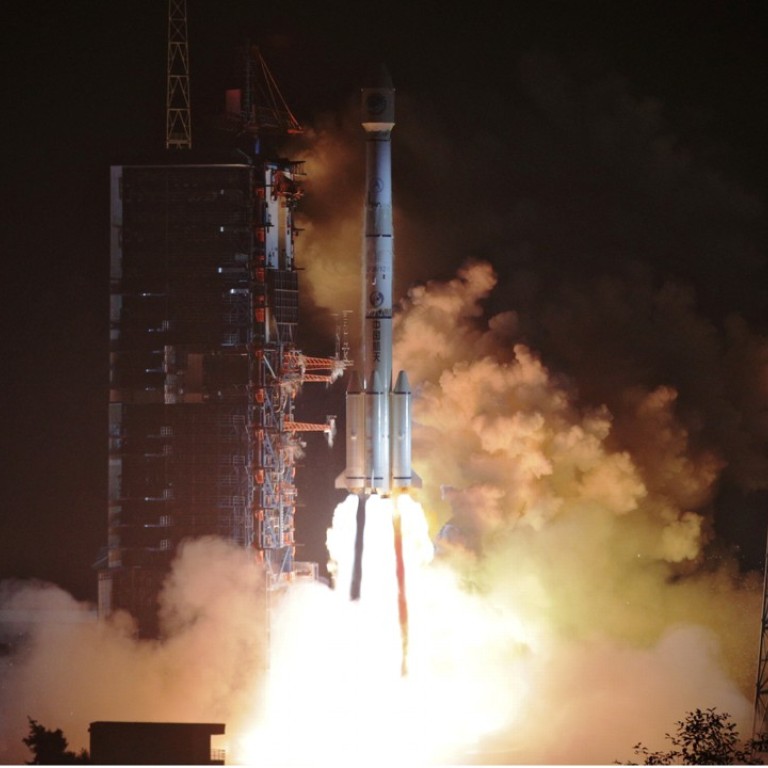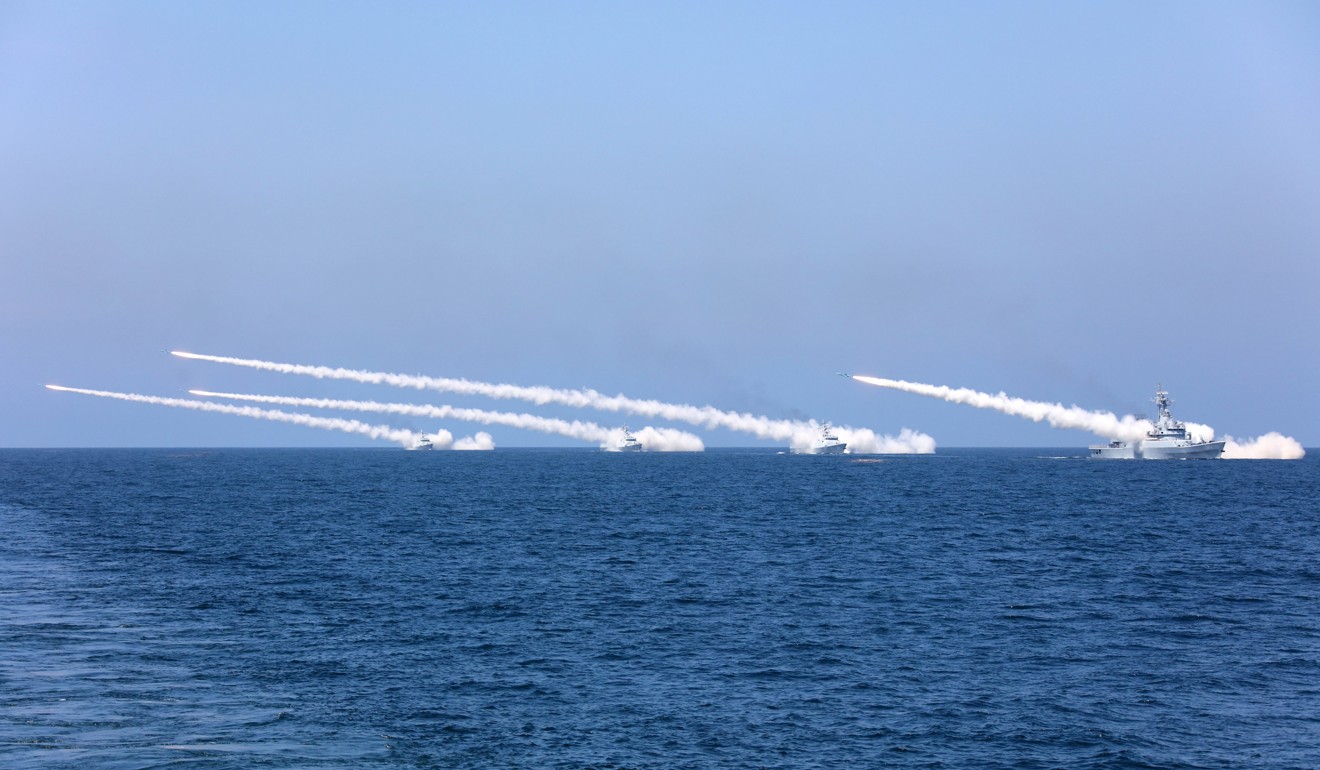
Back to the future of self-reliance for China’s military technology
Xi Jinping invokes the Chinese scientific successes of the past to modernise the armed forces, but can the country really go it alone?
The Chinese leadership is banking on a revival in self-reliance to add momentum to its military modernisation drive as tensions with the United States threaten to deny China access to essential technology.
But analysts say there would be a price to pay for going it alone.
China’s technological vulnerability was highlighted earlier this year when Chinese telecommunications giant ZTE was pushed to the brink of financial collapse by a US ban on the sale of American parts and software to the company.
The ban was in retaliation for violations of US sanctions against Iran and North Korea, and would have deprived the Chinese firm of necessary components. The US administration eventually lifted the ban when ZTE agreed to pay a US$1 billion fine, among other conditions.
From misfire to big shot: how the military helped China open up
But before the deal was struck, Chinese President Xi Jinping again urged top scientists and engineers in China to strive for breakthroughs in core technologies by “self-determination and innovation”.
The drive for self-reliance is at the centre of Beijing’s “Made in China 2025” campaign to become a leading power in various advanced technologies, including industrial robotics, high-speed trains and semiconductors.
But the US has objected to Made in China 2025, saying the Chinese government is intervening unfairly in the economy. Dozens of Chinese companies have been added to Washington’s export control list for posing a “significant risk” to US national security.
Orville Schell, director of the Centre on US-China Relations at the Asia Society in New York, said Democrats, Republicans, the White House, the Pentagon, the State Department, senators and representatives’ offices had joined together to target Beijing.
“I’ve not seen the Americans more united in a common sense, a common view that the US-China relationship is out of balance and needs corrections,” Schell said.
The party and the gun: where should the loyalties of China’s military lie?
Amid those tensions, Xi has sought to rally scientists and entrepreneurs to the national cause in part by invoking the successes and commitments of the past – including the “Two Bombs, One Satellite” programme.
After China embarked on its nuclear and space programmes in 1964, hundreds of PLA soldiers, officers and researchers spent decades in remote parts of the country to develop and test technology created in-house. One person held up as a model worker was Lin Junde, a retired major general engineer, who lived and worked at the Lop Nur Nuclear Test Base in the Gobi Desert in Xinjiang and was involved in 45 nuclear tests before his death in 2012.

Beijing-based military expert Li Jie said Chinese scientists today could learn the spirit of hard work and serving the country from this older generation.
“China has accumulated a large number of technologies and talent after decades of development,” Li said.
“The most challenging problem is, today’s Chinese have lost the spirit of the ‘Two Bombs, One Satellite’ and the hard-working culture of their predecessors.”
But Schell said that in today’s globalised world, it was very difficult for any country to become self-reliant.
“I have no doubt China could do it. But I think the costs would be numerous, and it will be very harmful both for China’s progress and … to global progress if the [US and China] separate in terms of self-reliance,” he said.

